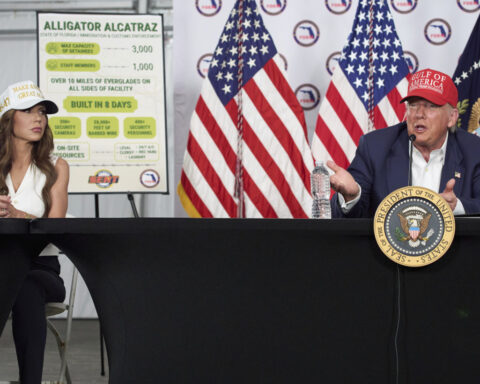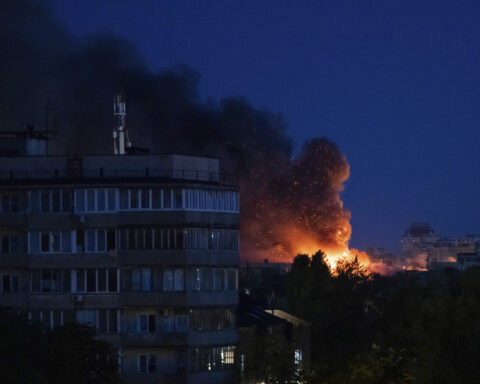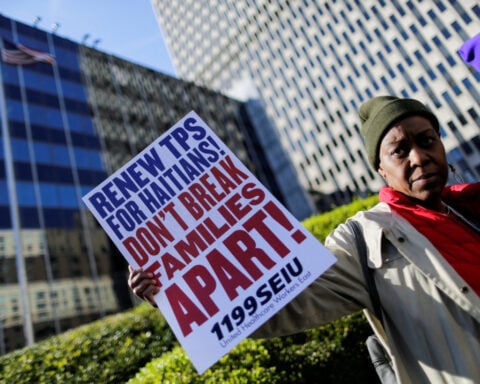BRASILIA (Reuters) - Brazil's economy exhibited a higher-than-expected contraction in March but still managed to clinch a positive performance in the first quarter, central bank data showed on Wednesday.
The country's IBC-Br economic activity index, considered a leading indicator of gross domestic product (GDP), posted a seasonally adjusted growth of 1.08% in the first quarter.
The quarterly performance followed a 0.34% decrease in March from the previous month, compared with a 0.25% drop expected by economists polled by Reuters.
On a non-seasonally adjusted basis, the IBC-Br index fell by 2.18% over March 2023 but increased by 1.68% in the 12-month period.
Latin America's largest economy has been propelled by increased household consumption amid rising disposable income under policies of larger welfare cash handouts and real mininum wage gains implemented by leftist President Luiz Inacio Lula da Silva.
This backdrop is also supported by a robust labor market, which has been driving growth in the service sector.
However, GDP is expected to slowdown compared to last year's growth of 2.9%.
While the government officially projects a 2.2% expansion for the economy this year, economists surveyed on a weekly basis by the central bank forecast a slightly lower rise of 2.09%.
There are still uncertainties regarding how the historic flooding in Brazil's southernmost state of Rio Grande do Sul, which caused widespread destruction and displaced over half a million people, will impact economic activity.
In the minutes of its latest decision released on Tuesday, the central bank acknowledged that the tragedy would affect the economy, stressing the commitment to monitoring the situation.
(Reporting by Marcela Ayres; editing by Gabriel Araujo)

 Trump has begun another trade war. Here's a timeline of how we got here
Trump has begun another trade war. Here's a timeline of how we got here
 Canada's leader laments lost friendship with US in town that sheltered stranded Americans after 9/11
Canada's leader laments lost friendship with US in town that sheltered stranded Americans after 9/11
 Chinese EV giant BYD's fourth-quarter profit leaps 73%
Chinese EV giant BYD's fourth-quarter profit leaps 73%
 You're an American in another land? Prepare to talk about the why and how of Trump 2.0
You're an American in another land? Prepare to talk about the why and how of Trump 2.0
 Chalk talk: Star power, top teams and No. 5 seeds headline the women's March Madness Sweet 16
Chalk talk: Star power, top teams and No. 5 seeds headline the women's March Madness Sweet 16
 Purdue returns to Sweet 16 with 76-62 win over McNeese in March Madness
Purdue returns to Sweet 16 with 76-62 win over McNeese in March Madness








